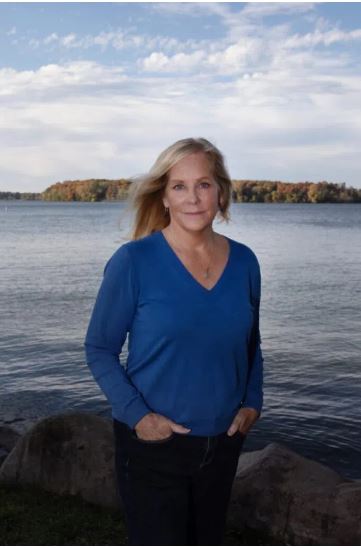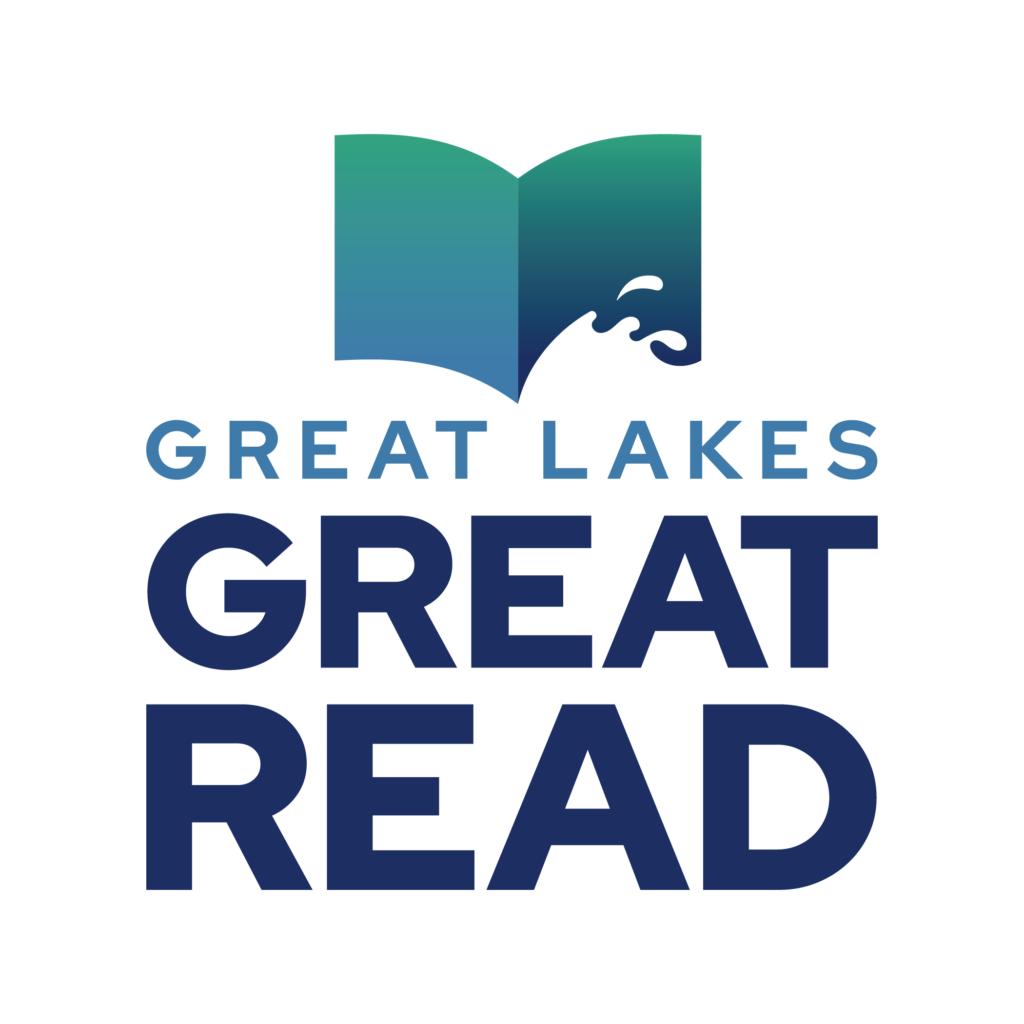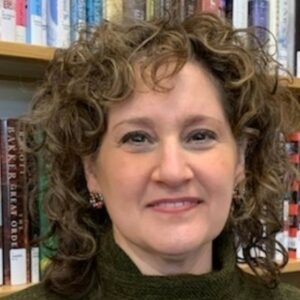When the magic in science, nature and words creates the best part of us
By Sally Cole-Misch
Join Wisconsin Sea Grant’s Titus Seilheimer in conversation with Sally Cole-Misch, author of Great Lakes, Great Read’s Adult Selection, “The Best Part of Us,” Monday, Nov. 11, at Manitowoc Public Library’s Balkansky Community Room from 6-7:30 p.m.
I’ve always believed that words are magical. Strung together in myriad ways, they transport us into entirely new worlds, bodies and experiences. They teach us about ourselves and the world around us and challenge us to think and act in new ways.

Sally Cole-Misch, submitted photo.
So, it’s no surprise I’ve spent my life surrounded by words. First as a reporter, then in environmental and Great Lakes communications and now as an author. “The Best Part of Us” tells the story of a family with deep bonds to each other and the lake and island near northern Lake Huron where they spend their summers. When that bond is threatened and then torn apart, each family member must consider who, what and where is most important in their lives. A coming-of-age story no matter the character’s age, the novel immerses readers in the breathtaking nature of the Great Lakes region, provides a fresh perspective on loyalty, and considers the essential roles that family, nature and place hold in all our lives.
I know science and magic are not usually used in the same sentence. One disavows the other, believing its principles and beliefs are the only truth. And yet, science — and particularly its findings about nature and the Great Lakes — became the magic I needed to write the fictional story in “The Best Part of Us.” Let me explain.
Thirty years ago, Great Lakes communicators thought we had to report all the horrible ways we were ruining our majestic lakes to spur people into action. The information was and is important and needs to be told. But how it’s told is just as important, and our emphasis on the extremes froze much of the public into fear and inaction.
Science provided the answers to change our approach: more than 1,000 studies over the past 40 years show that time spent in nature lowers our blood pressure and stress hormone levels, reduces anxiety and isolation, and improves mood and cognitive function. We absorb ions nature sends into the air near mountains and moving water as well as phytoncide chemicals from trees that further enhance our health and well-being. Scientific studies also show that the more connected we feel to and a part of the natural world, the more we believe we are living lives with purpose and satisfaction, feel part of something larger than ourselves, and have a stronger sense of generosity and commitment to protect nature.
We changed our environmental messaging to focus first on getting people outside so they can realize nature’s value in their lives, and scientific studies again told us that nature’s magic worked. Once it feeds the soul and body, we’re more interested in learning about our planet and changing our actions to reflect nature’s value in our lives. What humans value, we act to protect.
As a lifelong resident of the Great Lakes region, working with scientists, policymakers and advocate — who share a deep dedication to the lakes — has given my writing purpose in ways I never expected. I am indebted to every scientist like Titus Seilheimer of Wisconsin Sea Grant for sharing their research and our mutual passion for the lakes, which helped to improve our messaging to the public and provided the clues to writing “The Best Part of Us.”
Just as science proved the benefits of nature, recent studies have shown that reading fiction is as beneficial as meditation or deep relaxation exercises for reducing stress, improving sleep and our self-esteem, building vocabulary, expanding our imagination and slowing mental decline later in life. Fiction readers also deal with life’s ambiguities better because they’re used to unanswered questions. Sound familiar?
These results provided the final push to try writing fiction. Could I write a story that helps readers connect with nature and our precious Great Lakes, as I’d done in my factual writing? Where the setting is as much a character as the people in it and inspires readers to remember places and parts of nature they care about? With characters created based on their inherent connection with nature? And, like any good piece of fiction, provides the intellectual and emotional satisfaction of a good read, with the same benefits found in the scientific studies?
Seven years and 11 drafts later, “The Best Part of Us” was published. Science provided the inspiration and data to imagine the story, and as the setting and characters came to life in my imagination, they provided the enthusiasm to finish it. All of them reflecting the magic of nature, in their own way.
The post When the magic in science, nature and words creates the best part of us first appeared on Wisconsin Sea Grant.Blog | Wisconsin Sea Grant
https://www.seagrant.wisc.edu/blog/when-the-magic-in-science-nature-and-words-creates-the-best-part-of-us/

 Explore the intersection of science and writing about the Great Lakes during a science café at 6-9 p.m., Nov. 8, Paradise North Distillery (101 Bay Beach Road, Suite 5) in Green Bay.
Explore the intersection of science and writing about the Great Lakes during a science café at 6-9 p.m., Nov. 8, Paradise North Distillery (101 Bay Beach Road, Suite 5) in Green Bay.